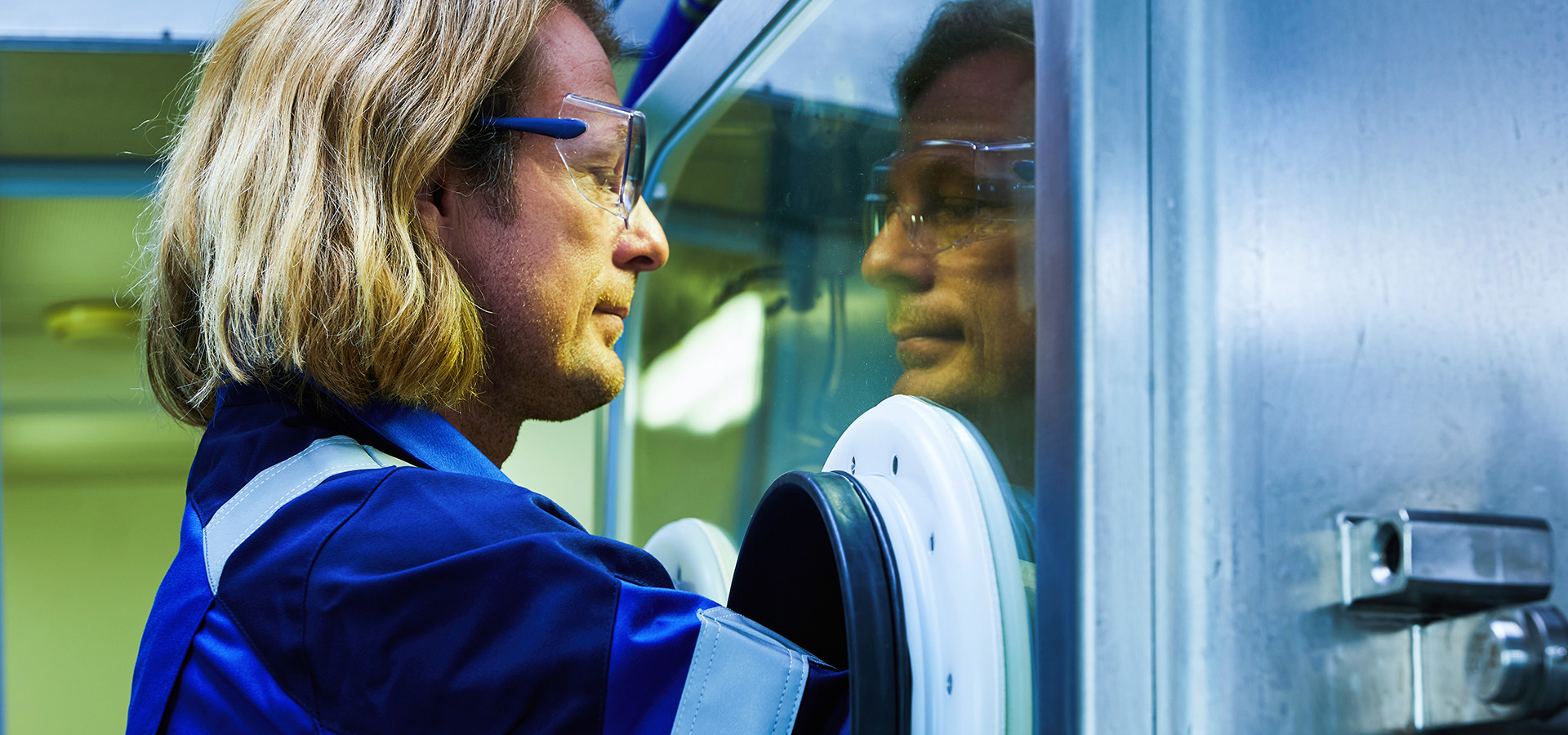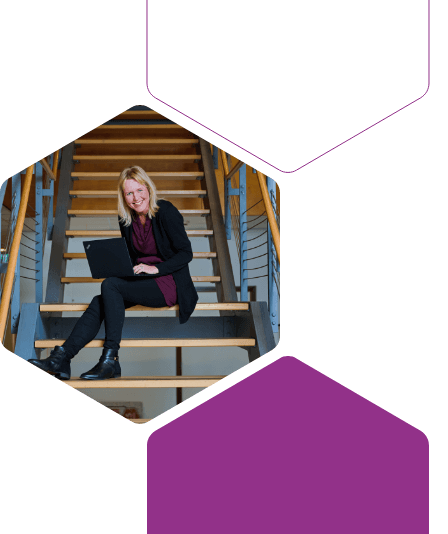In their book, The Logic of Chemical Synthesis, E. J. Corey and Xue-Min Cheng state,
“Synthesis remains a dynamic and central area of chemistry. There are many new principles, strategies and methods of synthesis waiting to be discovered.”
The authors had it right 20+ years ago. Drug discovery organizations have been very creative in their pursuit of new APIs. Rough sketches of APIs abound in the R&D world. Many are produced by new techniques of 21st century synthesis. Academics have been active in their development of new methods for synthesis that have redefined many of the methods highlighted in Corey and Cheng’s book.
The timely availability of high-quality APIs accelerates further investigation by our clients. To meet these pressing API needs, Symeres enables a route-scouting investigation for the API of interest. We have become ‘artists’ in our pursuit of innovative development routes. Creating a process to manufacture a new API is challenging, and we are proud of the deep knowledge base that we have built around manufacturing.
Finding the optimal route for the API may take several months and involves quickly assessing the viability of intermediates for manufacture. Critical to the success of this endeavor is an experienced process team—a team closely supported by our experienced physical chemists, who review not only the physical nature of materials, but also perform process safety studies on a potential scaled-up process. At the end of this stage, a demo batch of API is provided. This is a first glimpse of the product produced at scale, which can vary from 25 g to 1 kg. Process optimization can be done as an overlapping activity when time is at a premium, and large amounts are required for testing, but requires more up-front investment compared with staged development.
After the demo batch, clients have the choice to pursue a one- or two-batch approach to API scale-up. A one-batch approach, made under GMP conditions, is the lowest risk way into first-in-human (FIH) testing. Here, the batch size is chosen to support the API needs for both toxicology qualification in animals and clinical testing in people. There are no surprises with impurity profiles, since the same batch is used for both studies. If the batch is safe in animals, it can quickly transition into human testing.
The two-batch approach is cheaper, will be faster into toxicology studies, but comes with the risk of having to resolve impurity profiles of the first prepared non-GMP batch for a future GMP batch for humans.
Whether you should go for a one- or two-batch approach is not an easy decision. Both methods are complex from the development and financial standpoints. Symeres has a lot of experience in this realm and can advise the client for this next step of development.
Please do not hesitate to contact us if you would like to learn more about how we can develop your next API. As you look ahead in development, Symeres process scale-up teams stand ready to provide stand-alone or supplemental capabilities for your API needs.
Below you will find a very recent testimonial that illustrates the impact we have had on one of our client’s programs. We look forward to hearing from you!
From a European biotech client, July 8, 2021
Dear Jaromir and Eric,
Hope you are doing well.
First of all, the good news is that we received full approval from the authorities to start the healthy volunteer study, and this week we have started dosing the first cohort. A big milestone for the project and many thanks to you and the team for your contributions to make this happen! We have not received any comments on the IMPD, which I think is exceptional, and a reflection of the good quality delivered by both your teams.

